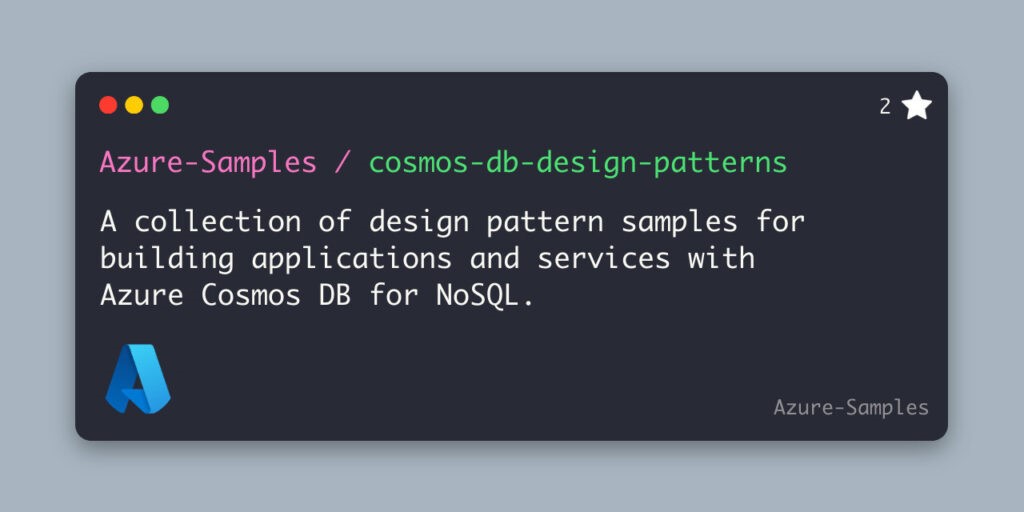

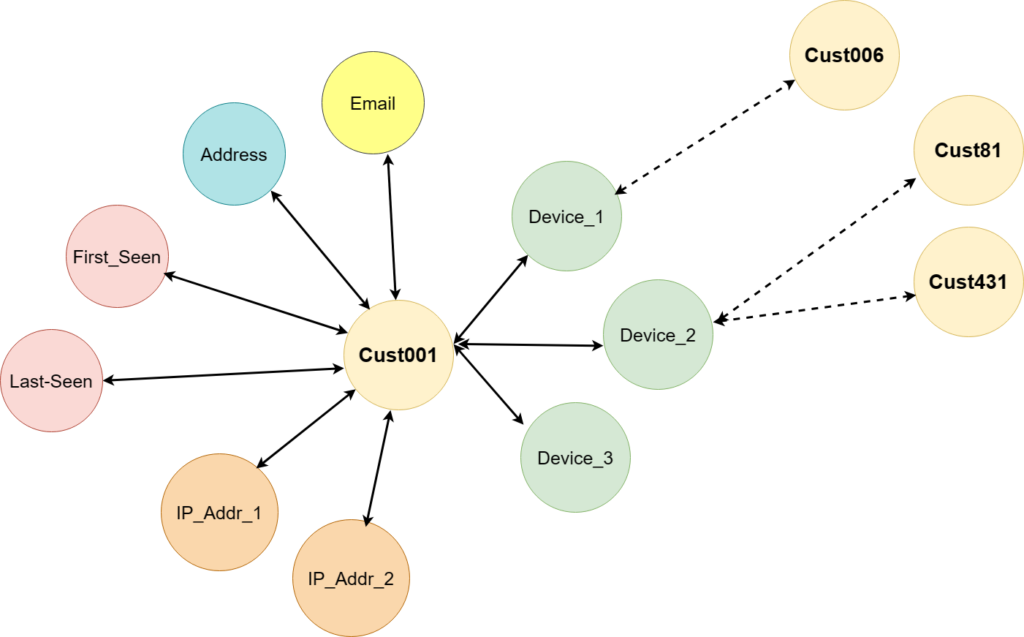
Best Practices for Re-modeling Graph database to Azure Cosmos DB for NoSQL
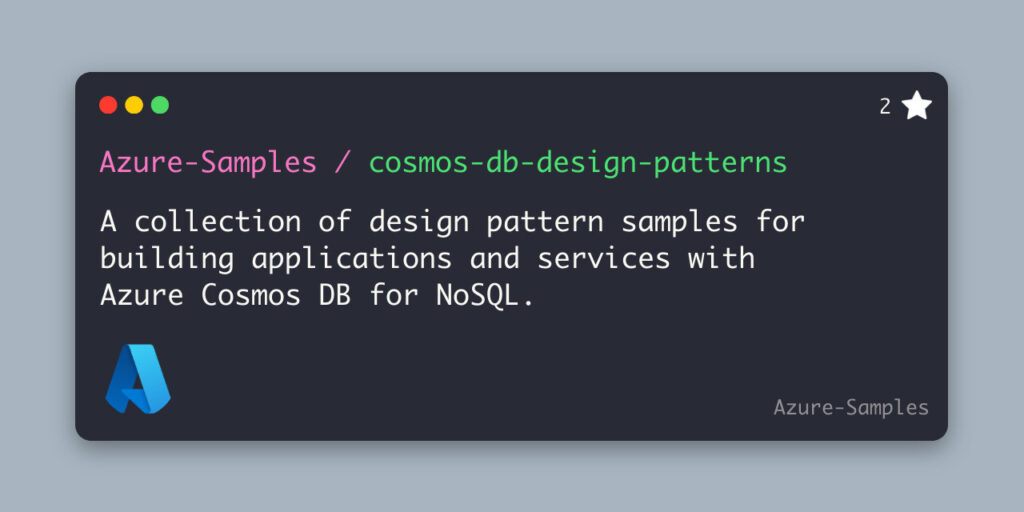
Azure Cosmos DB design patterns – Part 4: Global distributed lock
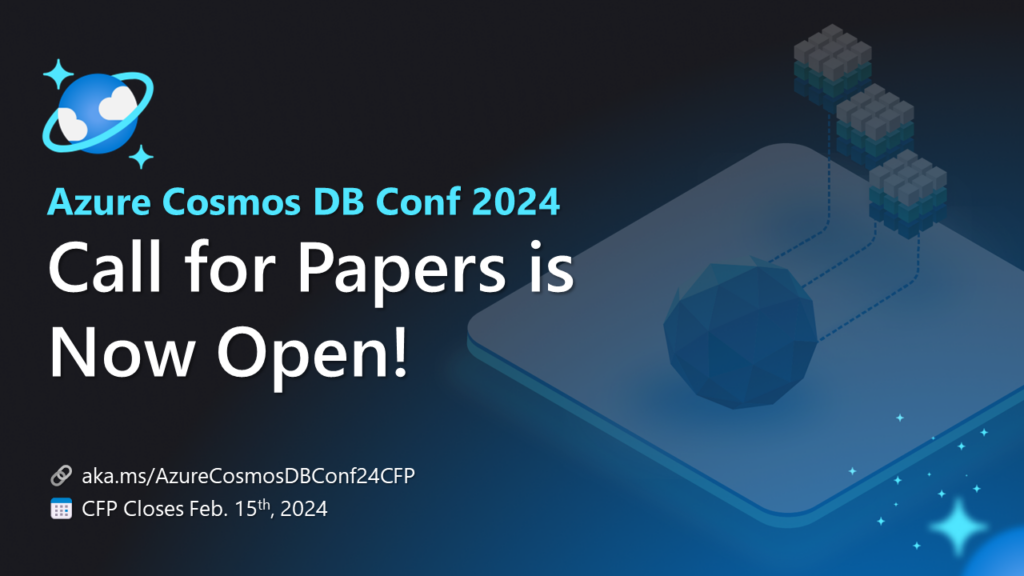
Call for Papers now open: Azure Cosmos DB Conf 2024
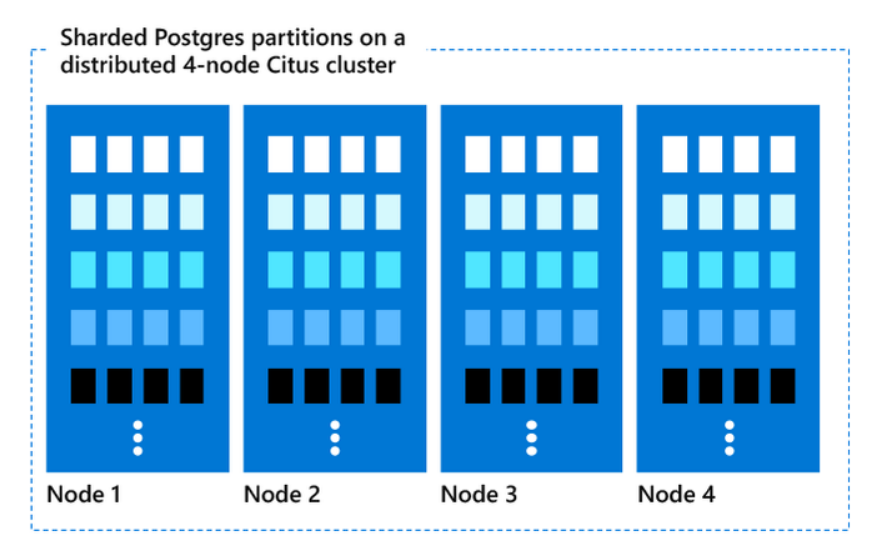
Scaling IoT/Time Series/Metering Workloads with Azure Cosmos DB for PostgreSQL
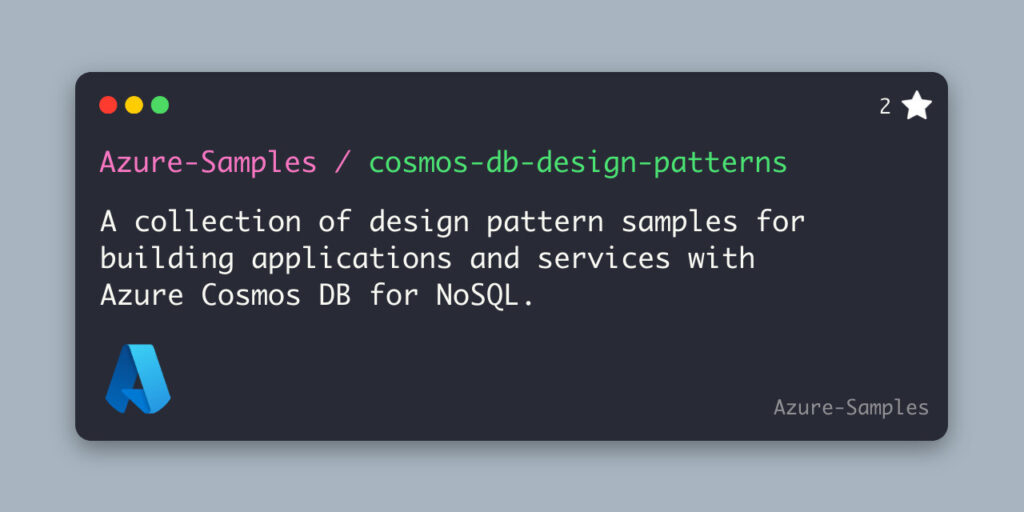
Azure Cosmos DB design patterns – Part 3: Distributed counter
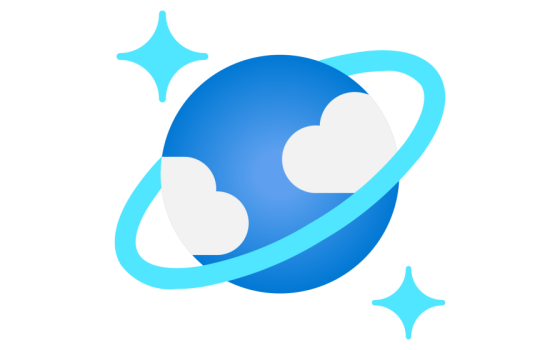
Introducing Burstable Tier (M25) on Azure Cosmos DB for MongoDB vCore
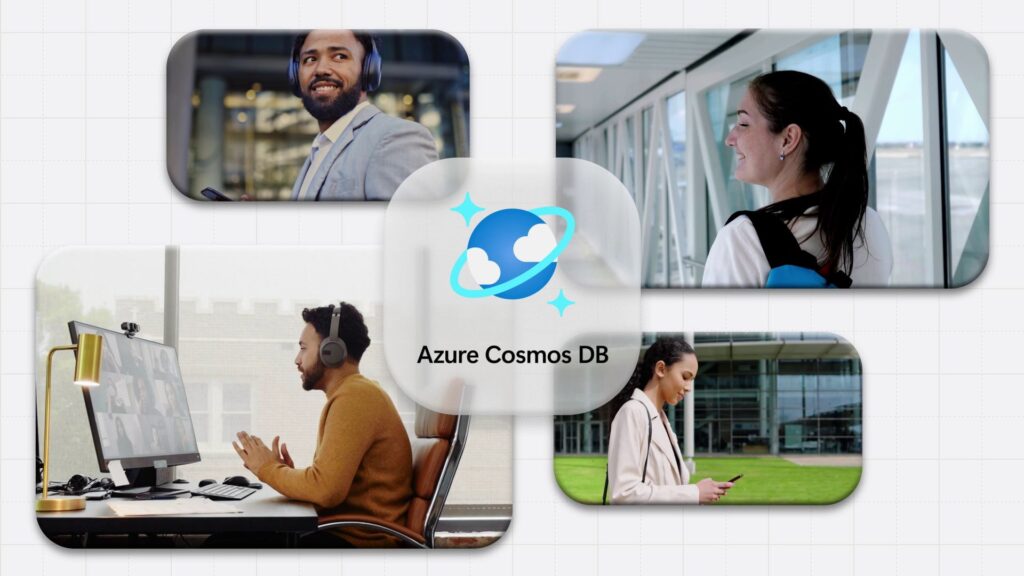
Announced at MS Ignite 2023: MongoDB vCore, free offer, Copilot, and more!
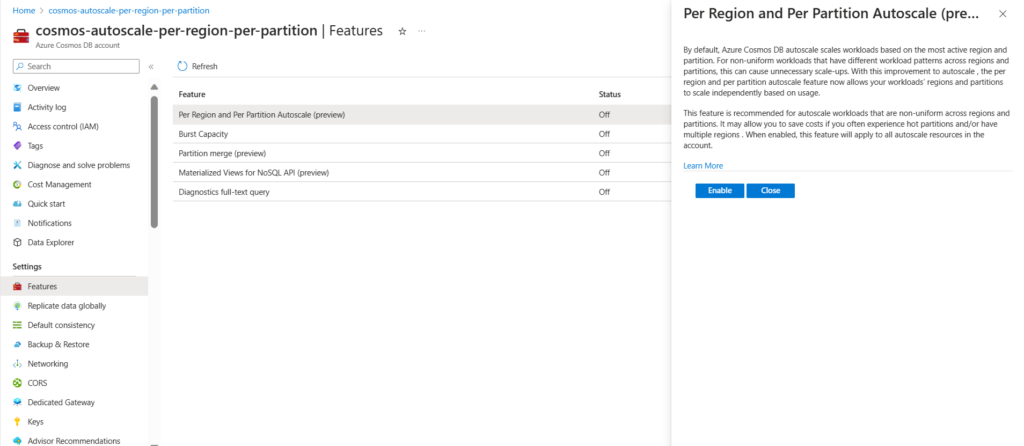
Announcing Dynamic Scaling Per Region and Per Partition for Azure Cosmos DB’s Autoscale


 Light
Light Dark
Dark